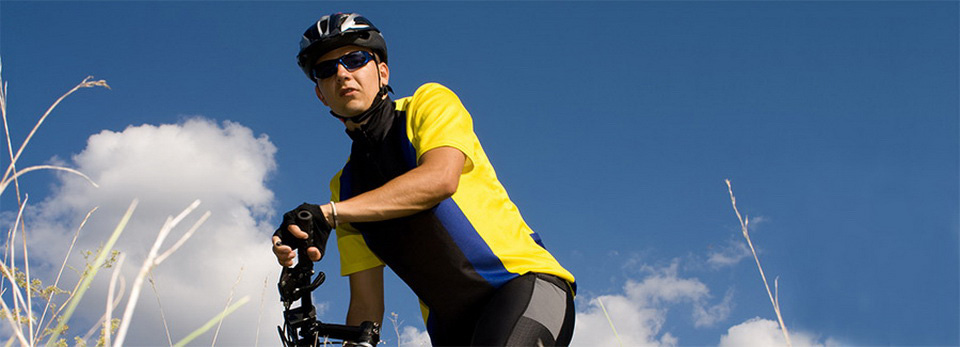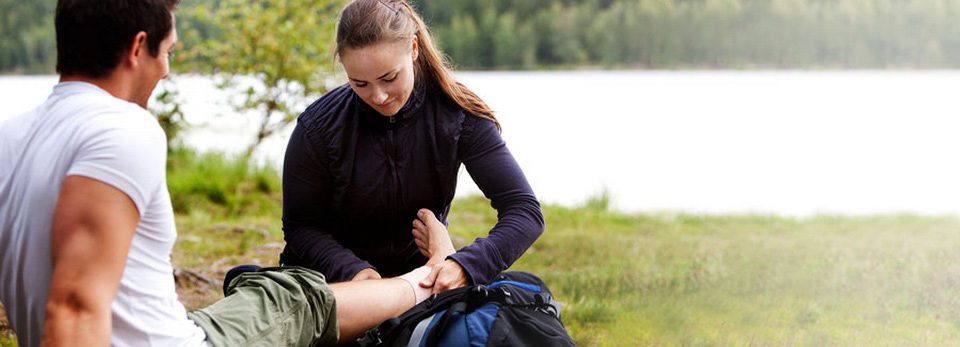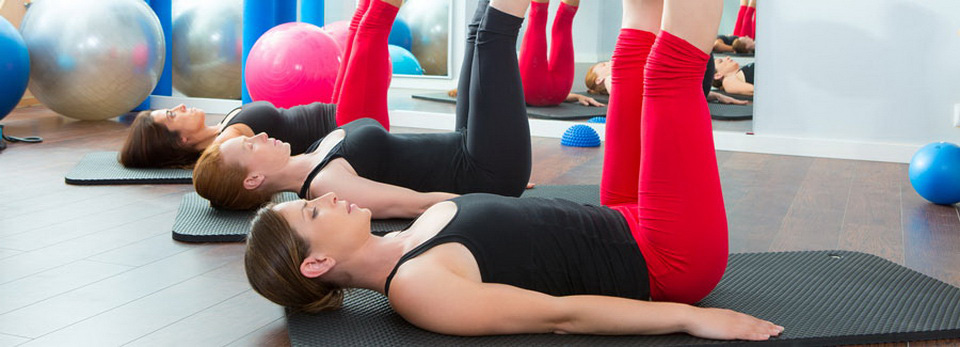Q: I've been having some back pain lately that seems to be getting worse. Now it's going down my right leg. I notice if I sit up straight, the pain is better. If I slouch, the pain is worse. What does this mean?
A: You may be conducting your own "slump" test -- a test often used by physiotherapists and physicians to assess the neural (nerve tissue) structures. The slump test involves assuming a "slumped" position: sitting with spine flexed forward (bent over) and head and neck forward flexed (chin to chest).
Once in this position, the examiner directs the patient to lift and straighten the leg with ankle dorsiflexion (toes pulled toward face). Reproducing pain down the leg is a positive slump test. It is an indication that the sciatic nerve is being stretched or compressed (though it does not reveal the cause of the nerve tension).
The nerve can become sensitive to mechanical changes (stretch, compression) as a result of adhesions (scar tissue) keeping the nerve from sliding and gliding through the sheath or lining around the nerve. A protruding disc can put pressure on the spinal nerve. Or some other lesion (e.g., tumor, infection) can do the same thing.
Back pain accompanied by pain down the leg is referred to as radicular pain. Most of the time, radicular pain is caused by a "mechanical" problem -- an alignment problem within the bony structures and/or soft tissues. This type of problem can be addressed by physiotherapy. The therapist uses techniques such as the McKenzie method (specific movements and exercises), manual (hands on) therapy, stretching, nerve gliding, and stabilizing (core training) exercises.
If your symptoms do not improve on their own and/or they get worse, see your primary care physician or physiotherapist for an evaluation. Once the problem is properly diagnosed, treatment can be applied to address the underlying cause(s).
Reference: Harald Ededahl, PT, MSc, et al. Fingertip-to-Floor Test and Straight Leg Raising Test: Validity, Responsiveness, and Predictive Value in Patients with Acute/Subacute Low Back Pain. In Archives of Physical Medicine and Rehabilitation. December 2012. Vol. 93. No. 12. Pp. 2210-2216.
Beamsville Physiotherapy provides services for physiotherapy in Beamsville.







